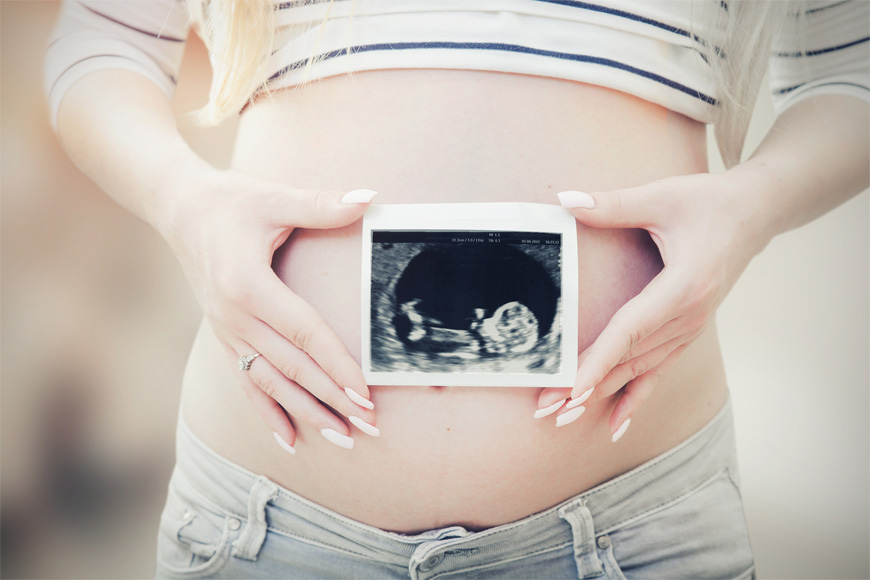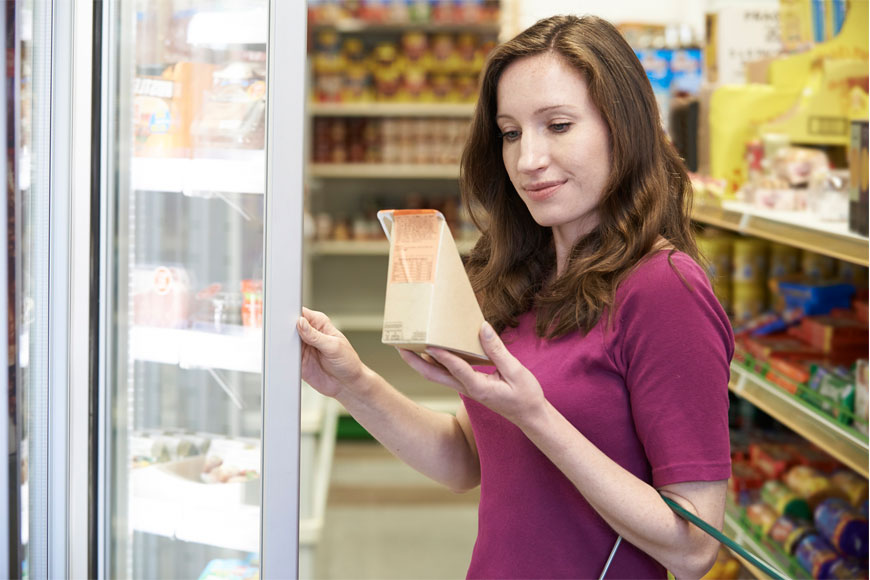Here's how you can observe a healthy Ramadan while managing diabetes, according to an Endocrinologist

Planning on fasting for Ramadan but you have diabetes? Read this first.
For many Muslims around the world, the Holy Month of Ramadan is a time of worship, community, charity, and fasting.
Those living with diabetes, especially patients on medication, may have to make some adjustments to ensure a healthy Ramadan.
Dr. Suzan Gharaibeh, Endocrinologist at Mediclinic Airport Road Hospital Abu Dhabi, shared with us the risks of fasting with diabetes during Ramadan, including the best ways to manage it so you can have a safe Holy Month.
What happens to your body when you fast?
Fasting begins to affect the body typically eight hours after your last meal. Your body starts to use stored up energy through glucose and fat.
If you’re on insulin medication for diabetes, then even more glucose is utilised than normal, putting you at risk of hypoglycemia (low blood sugar level).
On the other hand, if you skip your medicines or lower the doses too much during fasting, you might experience high blood sugars and dehydration.

Is it possible to fast if you have diabetes?
If you are diabetic and planning to fast during Ramadan, it is important that you visit your doctor to plan your month beforehand. Your doctor will revise your medicines and insulin dosage and times based on your fasting schedule.
Make a plan to fast safely
Discuss with your healthcare team and agree on a plan to fast safely.
Manage your medications while fasting
As your meal times change, so should your insulin dosage. Often, doctors advise to take the dosage before breaking your fast, especially when you eat your main meal at iftar.
If you are going to break your fast with dates and laban or water, and go to pray before eating your main meal, you may need to postpone taking your insulin dosage until then.
Please discuss with your doctor on how to take your medicines and/or insulins, including any changes to the timings and dosages.

Managing low blood sugar during Ramadan
Signs and symptoms of low blood glucose can happen quickly. Each person’s reaction to low blood glucose is different. Learn your own signs and symptoms of when your blood glucose is low.
The only sure way to know whether you are experiencing low blood glucose is to check your blood glucose levels, if possible. If you are experiencing symptoms and you are unable to check your blood glucose for any reason, treat the hypoglycemia.
Treatment of Hypoglycemia: The "15-15 Rule"
The 15-15 rule—have 15 grams of carbohydrate to raise your blood glucose and check it after 15 minutes. If it’s still below 70 mg/dL, have another serving.
Repeat these steps until your blood glucose is at least 70 mg/dL. Once your blood glucose is back to normal, eat a meal or snack to make sure it doesn’t lower again.
Many people tend to want to eat as much as they can until they feel better. This can cause blood glucose levels to shoot too far up. Using the step-wise approach of the “15-15 Rule” can help you avoid this, preventing high blood glucose levels.
Authored by Dr. Suzan Gharaibeh.


























.png?itok=HBSyMDok)



















































































.png?itok=oGTlEhrQ)



.png?itok=0fOAXkOm)















.png?itok=EH_x0Pha)













